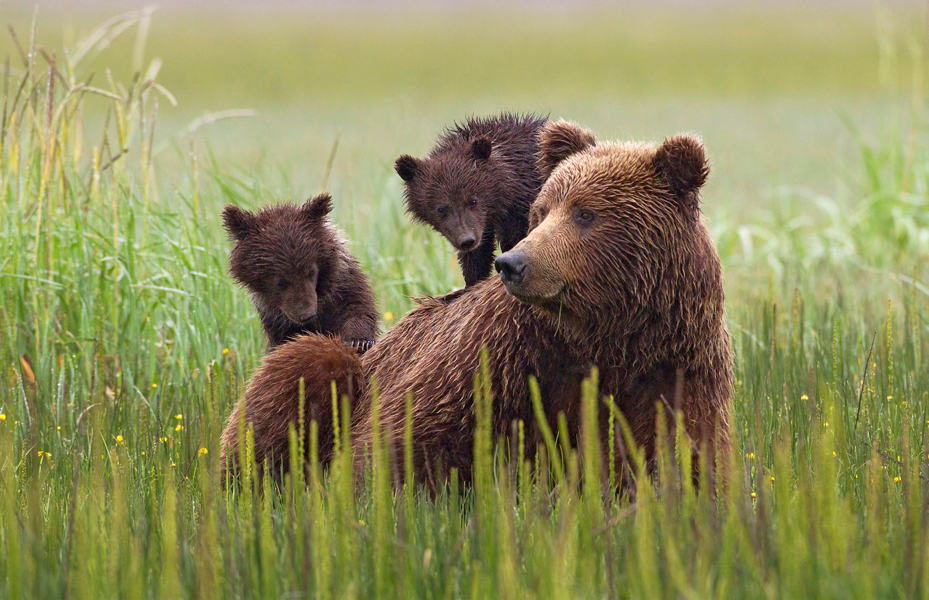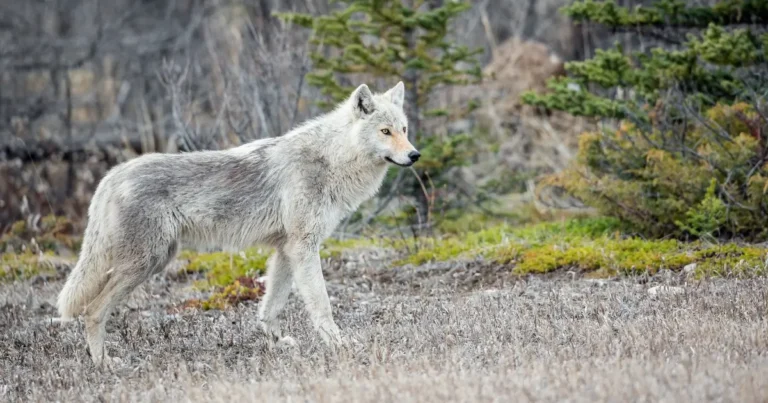
The CBC reported this week that a popular trail near hot springs at Pemberton, BC, was closed because of “aggressive bears” – but warning signs left by officials were removed repeatedly. This comes on the heels of a mother wolf being killed in Banff, Alberta, and ongoing media reports of food-driven conflicts in natural areas across the continent.
It’s time for legislators to address this. Minor fines and warnings may help when a person is caught feeding wildlife or ignoring rules of a park, but resources need to be applied more heavily to prevention. Increasing funding for rangers, conservation officers, and other officials to get boots on the ground will help, and utilizing mobile technology such as trail cams in hot spots could not only help in catching offenders, but standing as a warning on their own.
Much of the education to address these problems is up to us – those who love wildlife. Governments already invest in multilingual signs, brochures, and other educational materials for visitors. But when we see someone feeding wildlife directly or indirectly – the most common cause of conflict – we need tell them why they should stop, and report them immediately.
Providing food either intentionally or unintentionally for any reason to any animal can teach them that humans and the places we frequent are sites where food may be available. And then even simple curiosity on the part of these animals can be perceived as aggression, bold behaviour, or lead to actual aggressive responses – and that never ends well for anyone.
There is no reason that in the 21st century, wild animals continue to die because of human ignorance when in natural spaces. And we truly believe that with ongoing advocacy, education, and support from people like you, we can stop unnecessary deaths.
Please, share this blog and tell your friends and family of the importance of our actions.
monthly donor(for as little as $5/month – the cost of a single latte) pleaseclick hereand help us save lives today.

